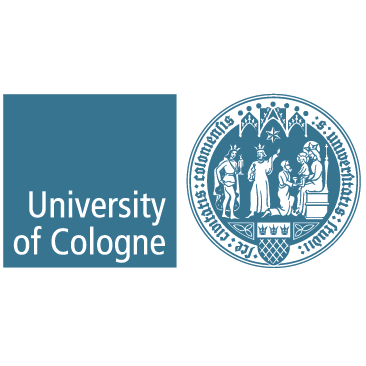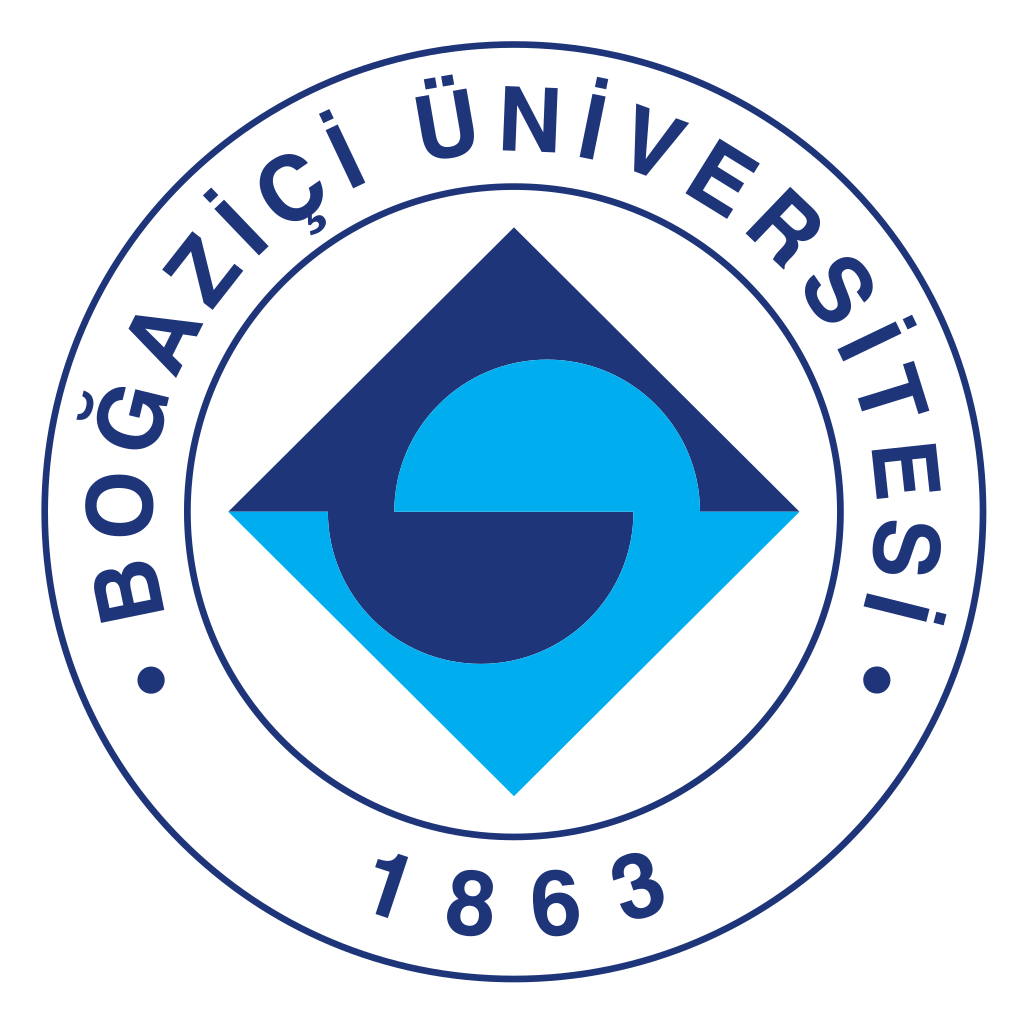Week 4 Webinar Information
Explore an online resources hub for reading in heritage languages
Overview — Literacy Education and Second Language Learning for Adults (leslla.org)
In this webinar you will learn from those who developed the online hub about the many online collections of books which exist in learners’ heritage languages. The heritage languages hub has links to collections for children, young readers, and adults. The webinar leaders describe the books in these collections, the languages in which books exist, how to access them, and how books can be used by those who work with adults with limited literacy. You will also learn about places that you, with a group, can translate or write books. Finally, you will have the opportunity to share with others in a small group how you might use this resources hub in your teaching or tutoring.
Webinar leaders
Ian Cheffy, Senior Literacy and Education Consultant with SIL International, an NGO specializing in less widely spoken languages, many unwritten. He has worked in international literacy for over 30 years, starting in Cameroon before returning to his native UK. His work has included training of literacy specialists and developing an MA in Literacy Programme Development.
Raichle Farrelly, Teaching Associate Professor and Director of the TESOL Program at the University of Colorado Boulder. Her professional interests include teacher education, reflective teaching, community engaged learning, and teaching refugee-background adults.
Joy Kreeft Peyton, Senior Fellow at the Center for Applied Linguistics and President of the Coalition for Community-Based Heritage Language Schools, has worked on language education for adults for years, including in Ethiopia, Nepal, and The Gambia. This has involved educational materials, including leveled readers, in children’s mother tongues, for individual and group reading.
Theresa Wall, HDR / PhD candidate at the University of Wollongong, Australia and past president of LESLLA. In her native Canada, she has worked with both learners and teachers in adult second language and literacy education. She has also worked on projects to develop literacy materials and resources.









